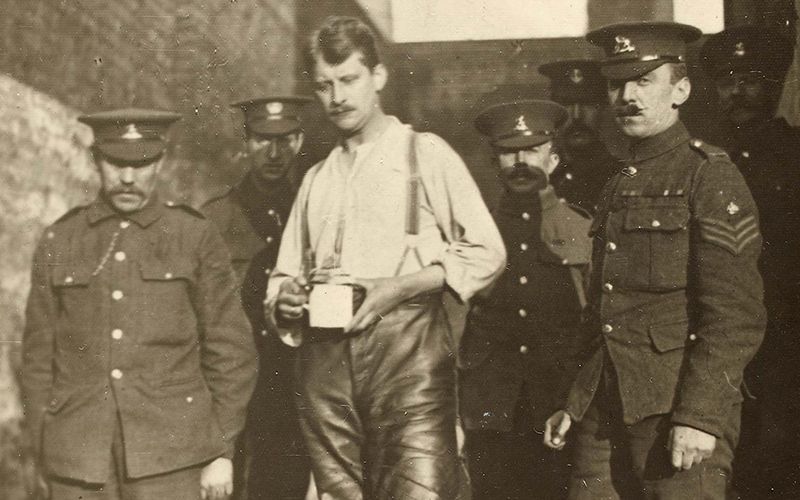Discrimination, when it's directed at you, can shape the course of your life. It can prevent you from having a say in what happens to you, where you can go, what you can do.
It shuts you up and shuts you out. That’s actually its main function, to rob you of your voice.
By almost every metric I know I've been happily married to my American husband for 18 years, but the Supreme Court ruling that permitted us to marry under the law was only decided in 2015, meaning there was still not enough time for me to become a United States citizen and vote in the presidential election last week.
Now, I have lived and worked here legally for all that time, I have paid my taxes, and tens of thousands of dollars in lawyers' and visa-processing fees, but I have enjoyed fewer rights for all that expenditure and I still do.
Discrimination casts a very long shadow.
Read more: What will President Trump do with America’s 11 million undocumented immigrants?
One thing I know for certain is that my halting journey toward citizenship didn’t affect you or benefit me. It has simply robbed me of making my full contribution, or of reaching my full potential, over and over again, because I was hamstrung by laws that have their origin in prejudice.
So in a real sense everyone loses. If I had a vote in the presidential election last week I would have cast it for a candidate who wanted to expand rights, not remove them. I would have voted for the candidate who respects all Americans, and all intending Americans, and not just the favored few.
There’s something very 19th century about my experiences in the 21st century. More than once I have found myself thinking of our roundly despised and feared Irish forefathers as they stepped off coffin ships near the Five Points in the late 1840s and 1850s.
Exiled at home and unwelcome abroad, there was seemingly no end to the discrimination that would shape the character of their lives. First they were driven from the land of their birth, then they were forced to make perilous sea journeys, then they were greeted in the new world with the fired stones and angry insults of the nativist mobs.
They must have felt like strangers on Earth. They must have wondered who made the world the way it was and who exactly benefited from it? They must have been radicalized by their own experiences too (when they were not being driven to despair or criminality or alcoholism by a system that seemingly existed only to cheat them).
Now I know that I would able to look the Irish of the Five Points in the eye. I understand the baleful forces that surrounded them because those forces have persisted and have been handed down, in one form or another, all of this time.
Read more: 50,000 Irish undocumented urged not to panic about Donald Trump
That’s why it has disappointed me so much to see just how many of the descendants of the immigrant Irish lined up to participate in the same kind of immigrant bashing that once menaced their own ancestors.
With their cries of “Build That Wall!” they were the echo of the long dead people who tried to prevent our great-grandfathers from making lives for themselves here, free of insult and discrimination.
The rich have always prospered by encouraging the poor to attack each other. From their golden mansions they incite the rabble then stand well back, protected by their wealth from the consequences of their foul actions.
Immigrants are rarely protected by wealth. Instead, they mostly live at the business end of racism and bigotry. It’s not a comfortable place to find yourself.
We should know that. We should remember the hard experiences of the Irish people who came here before us. We should be handing down the lessons they learned, not reenacting the hatred they encountered.
I actually have some hope that we can end this stupid anti-immigrant pantomime that deforms our politics once and for all. We can do this by just remembering where we came from, on whose shoulders we are standing.
We can and should honor the brutal sacrifices of the first waves of immigrant Irish by ensuring that no one else is ever forced to make them. And it will be easy, because all we ever have to do is look at the people who desperately want to live in this remarkable country and see ourselves.




Comments